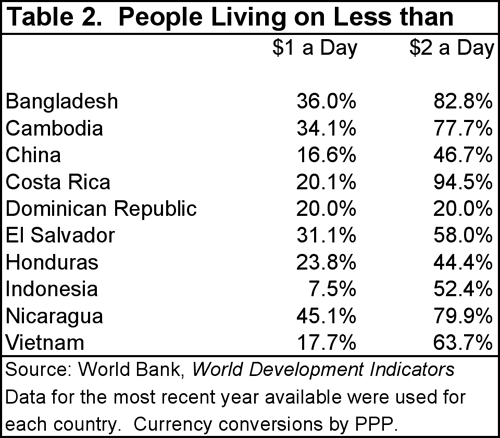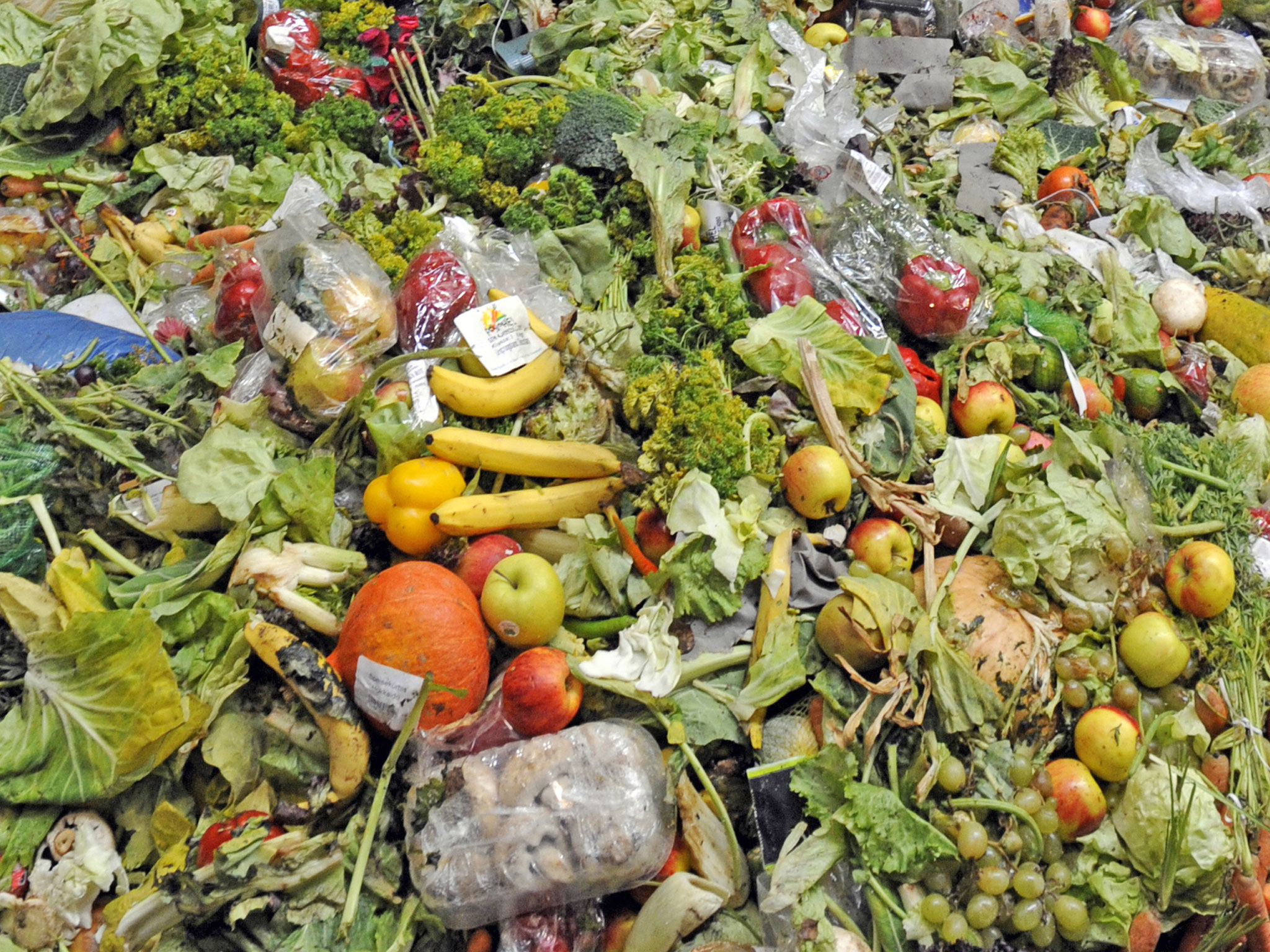Inequality doesn’t matter: a primer
So Jeremy Corbyn’s talking about inequality. His ideas might be a little silly, but at least he’s talking about inequality, right?
Well, no – inequality probably isn’t something we should worry about at all. The fact that Corbyn's policy is solely designed to make the rich poorer just shows what a pointless measure inequality actually is.
Most people use it as a shorthand for living standards for poor and average-income workers, but inequality measures are just as sensitive to the incomes of the people at the top as the bottom. That means that if everyone becomes worse off, but people at the top become even worse off than the rest, then inequality falls. That’s what happened during the Great Recession, where inequality (as measured by the “Gini coefficient”) actually fell.












